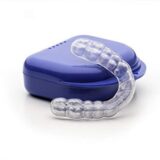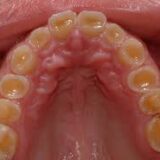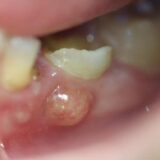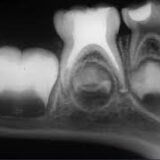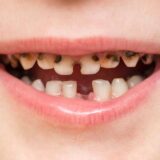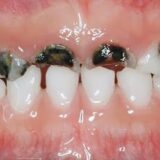Outline Introduction What is a Fractured Tooth? Types of Tooth Fractures Immediate Symptoms of a Fractured Tooth Hidden Dangers of Ignoring Fractured Teeth Preventative Measures Treatment Options for Fractured Teeth Conclusion FAQs Dental health is often overlooked until we experience pain or discomfort, but this approach can lead to significant problems, especially when it comes...
Latest News
Distinctively re-engineer revolutionary meta-services, change management and premium architectures. Intrinsically incubate intuitive opportunities and real-time potentialities.

Outline Introduction Common Causes of Tooth Pain Signs and Symptoms of Serious Dental Issues When to See a Dentist Diagnostic Procedures Treatment Options Preventive Measures Home Remedies for Temporary Relief Impact of Ignoring Dental Pain Conclusion Tooth pain can range from a mild discomfort to severe throbbing sensations, often signaling underlying dental issues that require...

Outline
- Introduction
- Common Causes of Tooth Pain
- Signs and Symptoms of Serious Dental Issues
- When to See a Dentist
- Diagnostic Procedures
- Treatment Options
- Preventive Measures
- Home Remedies for Temporary Relief
- Impact of Ignoring Dental Pain
- Conclusion
Tooth pain can range from a mild discomfort to severe throbbing sensations, often signaling underlying dental issues that require attention.
Understanding the signs and symptoms of serious tooth pain is crucial for timely intervention and proper dental care.
Introduction
Tooth pain is a common complaint that can arise due to various reasons.
It occurs when the nerve in the tooth’s pulp becomes irritated, often indicating an underlying dental problem.
Different types of tooth pain can indicate different issues, ranging from minor concerns to serious conditions that require immediate attention.
Common causes of tooth pain
Dental cavities
One of the primary causes of tooth pain is dental cavities (caries) resulting from bacterial decay of the tooth enamel and dentin.
Cavities can lead to sensitivity and discomfort, especially when eating or drinking.
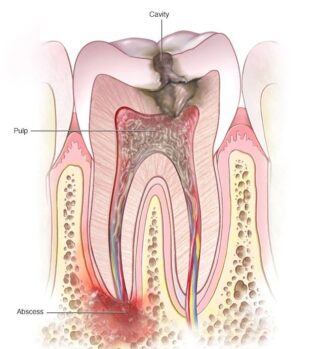
Gum disease
Periodontal issues like gingivitis or periodontitis can cause tooth pain due to inflammation and infection of the gums, leading to gum recession and exposure of sensitive tooth roots.
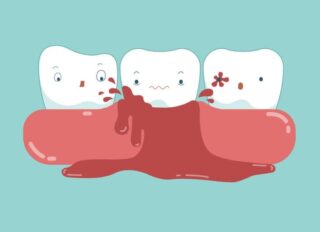
Tooth fracture
A cracked or fractured tooth can cause sharp pain, particularly when biting down or consuming hot or cold substances.
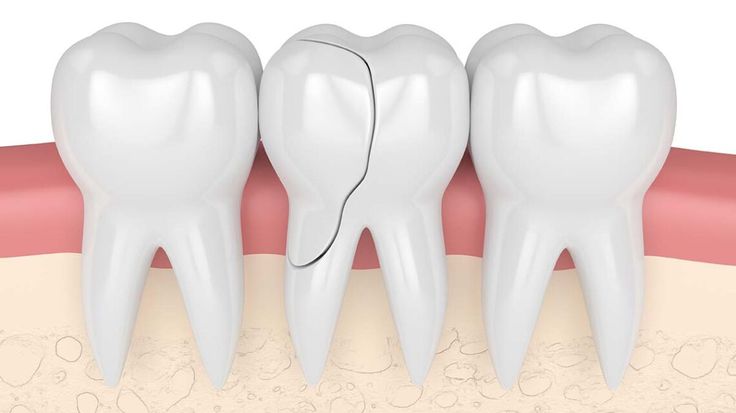
Tooth sensitivity
Exposed tooth roots due to receding gums or enamel erosion can result in heightened sensitivity to hot, cold, or sweet foods.

Signs and symptoms of serious dental issue
Certain signs accompanying tooth pain may indicate a more serious underlying dental condition:
Persistent Pain: Continuous or worsening pain not relieved by over-the-counter medications.
Swelling and Redness: Inflammation around the tooth or gums, often accompanied by tenderness.
Prolonged Sensitivity: Lingering sensitivity to heat, cold, or pressure.
Bad Breath or Taste: Persistent bad breath or unpleasant taste in the mouth.
Difficulty Eating or Drinking: Pain or discomfort when chewing or consuming certain foods.
When to see a dentist
It’s essential to seek professional dental care promptly under the following circumstances:
Immediate Attention: Severe, sudden pain, especially with swelling or fever.
Persistent Symptoms: Tooth pain lasting more than a few days, even if mild.
Diagnostic Procedures
To diagnose the cause of tooth pain, a dentist may perform the following:
Dental Examination: Visual inspection of the teeth and gums.

X-rays: Imaging to identify cavities, fractures, or infection.
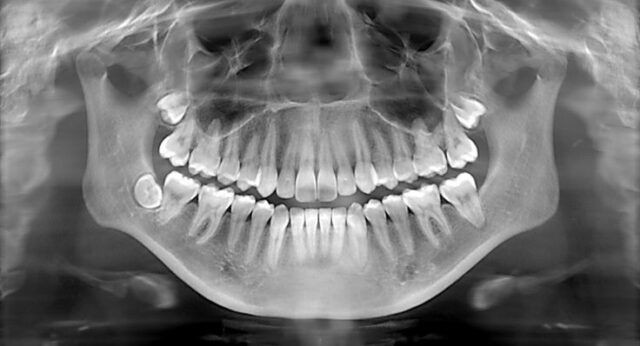
Tests for Sensitivity: Assessing response to temperature or pressure changes.
Treatment Options
Treatment for tooth pain depends on the underlying cause:
Fillings and Sealants:
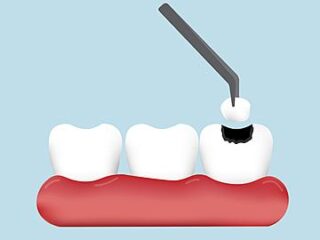
Repair cavities to restore tooth structure.
Root canal therapy
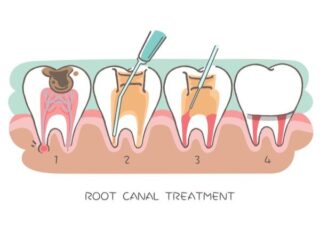
Removal of infected pulp to save the tooth
Gum treatment
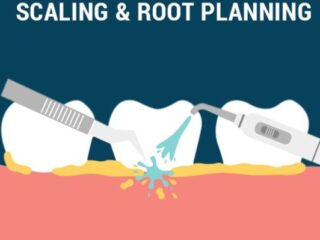
Scaling and root planning to address gum disease
Tooth extraction
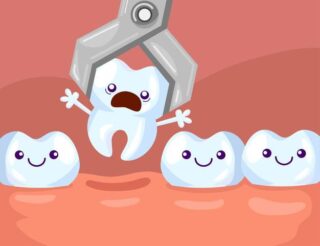
Removal of severely damaged or infected teeth
Preventive Measures
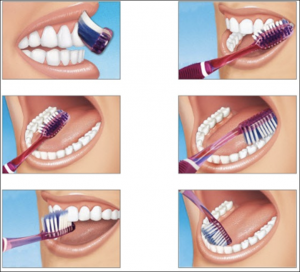


Maintaining good oral hygiene and regular dental visits can help prevent tooth pain and serious dental issues.
Brushing twice a day, flossing, and using mouthwash are essential habits for dental health.
Home Remedies for Temporary Relief

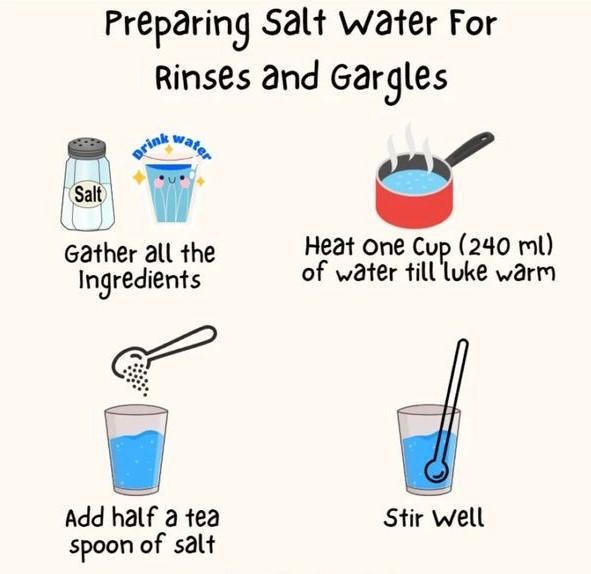

While awaiting professional care, certain home remedies may provide temporary relief:
Pain Relief Medications: Over-the-counter painkillers like ibuprofen.
Saltwater Rinse: Gargling with warm saltwater to reduce inflammation.
Cold Compress: Applying a cold pack to the cheek outside the affected area.
Impact of Ignoring Dental Pain
Ignoring tooth pain can lead to complications such as:
Risk of Infection: Dental infections can spread to other parts of the body.
Tooth Loss: Advanced decay or infection may necessitate tooth extraction.
Conclusion
Tooth pain is often a warning sign of underlying dental issues that should not be ignored.
Seeking timely dental care and adopting preventive measures are crucial for maintaining good oral health and preventing serious dental problems.
FAQs
Can tooth pain go away on its own?
Tooth pain may temporarily subside, but it’s essential to address the underlying cause to prevent worsening symptoms.
What should I do if I have sudden severe tooth pain?
Seek immediate dental attention, as severe pain could indicate an acute infection or abscess.
How often should I visit the dentist for check-ups?
It’s recommended to visit the dentist every six months for routine check-ups and cleanings.
Are home remedies effective for treating tooth pain?
Home remedies can provide temporary relief, but they do not replace professional dental care.
Is tooth sensitivity always a sign of a serious problem?
Not necessarily, but persistent sensitivity should be evaluated by a dentist to rule out underlying issues.
